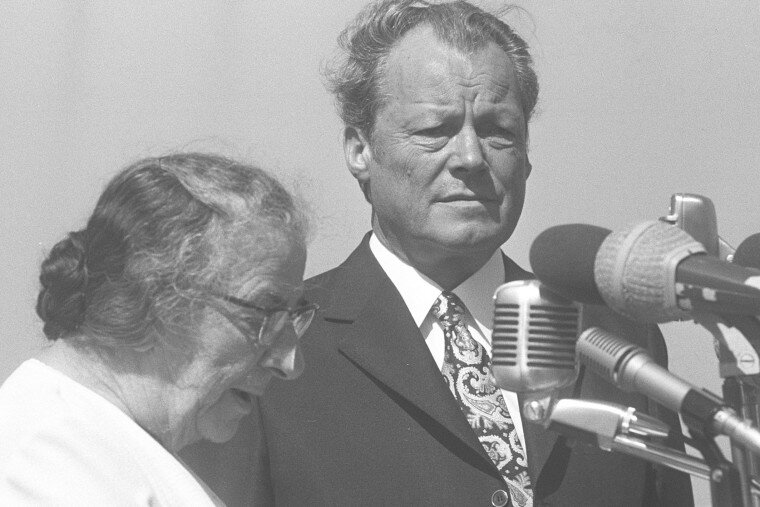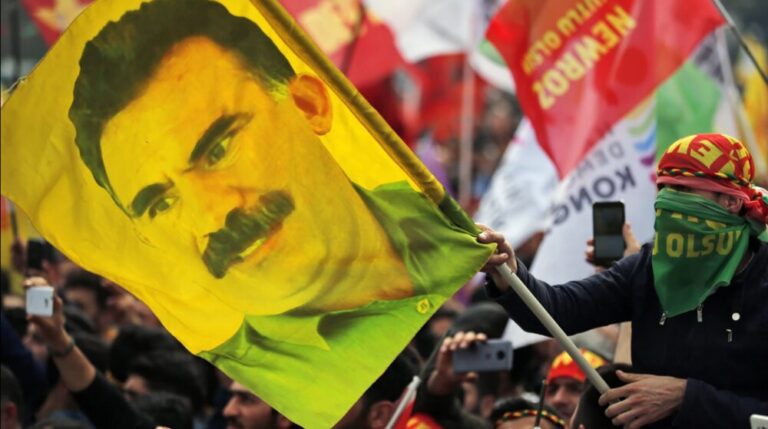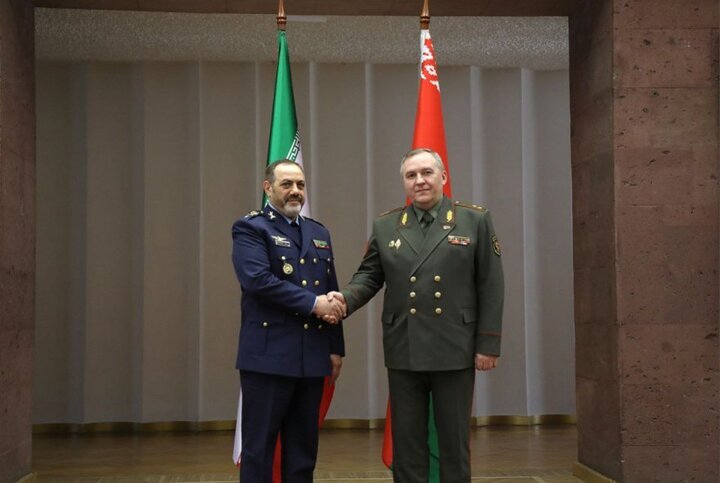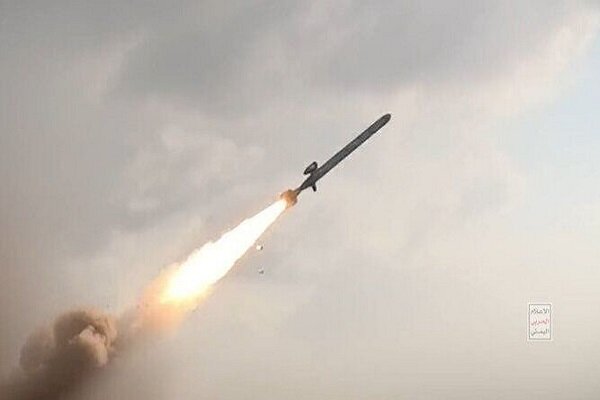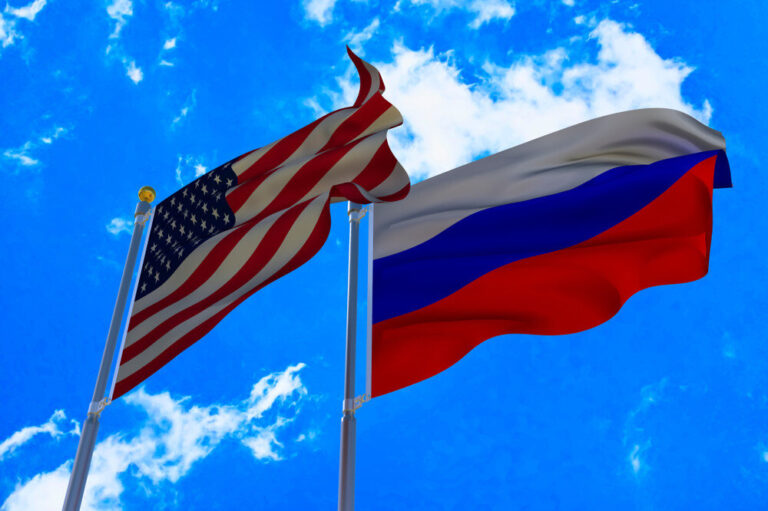Exploring the Intricate Ties: West Germany and Israel’s Complex Relationship in the 1970s
During the 1970s, the relationship between West Germany and Israel underwent a significant transformation, largely influenced by the legacy of the Holocaust, security concerns, and shifting global dynamics. Although diplomatic relations were established between West Germany and Israel in 1965, the subsequent decade was marked by serious challenges and political shifts that would reshape their interactions.
The 1970s were a tumultuous time globally, characterized by major geopolitical upheavals. The Cold War loomed large, with the USA and USSR vying for influence in the Middle East. Notable events, such as the 1972 Munich Olympics attack on Israeli athletes, the Yom Kippur War in 1973, and the oil crisis, were pivotal in shaping the course of West Germany-Israel relations.
A Transformative Era in West Germany-Israel Relations
Several key events during the 1970s had a lasting impact on the relationship between West Germany and Israel:
- The Munich Attack (1972): The Palestinian group Black September took 11 Israeli athletes hostage during the Munich Olympics. This event highlighted significant security weaknesses in Germany.
- The Yom Kippur War (1973): The surprise attack by Egypt and Syria on Israel forced West Germany to navigate complex diplomatic waters.
- The Oil Crisis (1974): Arab nations leveraged the conflict to pressure Western nations, including West Germany, to adopt more pro-Arab stances.
These events catalyzed a reevaluation of security cooperation between West Germany and Israel. The Munich attack, in particular, prompted Israel to adopt a more aggressive stance toward global threats, leading to operations such as “Operation Wrath of God,” aimed at eliminating those responsible for the Munich incident.
The Munich Attack and Its Aftermath
One of the most defining moments of the decade was the Munich attack. The Palestinian armed group Black September took 11 Israeli sportsmen hostage, resulting in a botched rescue operation that ended tragically. This incident profoundly affected Germany’s relationship with Israel, bringing to light inherent weaknesses in German counter-terrorism strategies.
In response, Israel initiated “Operation Wrath of God,” an intelligence operation focused on targeting those responsible for the heinous attack. Meanwhile, West Germany reassessed its security policies, leading to increased intelligence cooperation with Israel. This incident also gave rise to West Germany’s elite police unit, GSG 9, established in 1973 to enhance counter-terrorism efforts.
The Yom Kippur War: A Diplomatic Dilemma
When the Yom Kippur War broke out in October 1973, West Germany found itself in a diplomatic quagmire. Israel faced an unexpected attack from Egypt and Syria and sought military support from its allies, including the United States and various European nations. However, the Arab oil-producing nations threatened oil embargoes to force European states into adopting a more pro-Arab stance.
Chancellor Willy Brandt’s government faced a delicate balancing act. Germany had a historical obligation to support Israel but was simultaneously cultivating economic ties with Arab nations. Unlike the U.S., which supplied military aid directly to Israel, West Germany opted not to provide explicit military support. Under Arab pressure, the German government even denied U.S. access to its airbases for resupply operations intended for Israel.
Despite these challenges, West Germany aimed to offer economic and humanitarian assistance to Israel without inciting backlash from the Arab world. The complexities of this diplomatic landscape illustrated the intricate interplay between economics and historical responsibility in Germany’s foreign policy.
Willy Brandt and the Era of Ostpolitik
Willy Brandt, West Germany’s Chancellor from 1969 to 1974, played a pivotal role in shaping the country’s foreign policy during this transformative decade. His Ostpolitik approach aimed to foster improved relations with the Soviet Union and Eastern Europe. While primarily focused on European relations, this policy also influenced Germany’s connections with Israel.
Brandt’s Ostpolitik raised concerns in Israel regarding Germany’s priorities, especially given the Soviet Union’s backing of Arab states. Nevertheless, Brandt reaffirmed Germany’s commitment to Israel by visiting the nation in 1973 and emphasizing the importance of reconciliation. His leadership helped solidify the moral and political foundations of Germany-Israel relations during this period.
The Lasting Legacy of the 1970s
The 1970s were pivotal in reshaping the dynamics of German-Israeli relations. The decade saw deepening security cooperation, alongside a more pragmatic approach towards Middle Eastern politics. The complexities faced by West Germany set precedents for future interactions, balancing its historical ties with Israel against emerging relationships with Arab nations.
As the decade drew to a close, West Germany believed it could maintain its dual role as a supporter of Israel while also acting as a mediator in the Israeli-Arab conflict. This balancing act laid the groundwork for subsequent European policies regarding Israel, ultimately influencing the diplomatic landscape of the Middle East.
In conclusion, the intricate relationship between West Germany and Israel during the 1970s was characterized by a series of events that tested their diplomatic ties. The lessons learned from the Munich attack, the Yom Kippur War, and the overarching geopolitical shifts of the era have left an indelible mark on the historical narrative of both nations.
